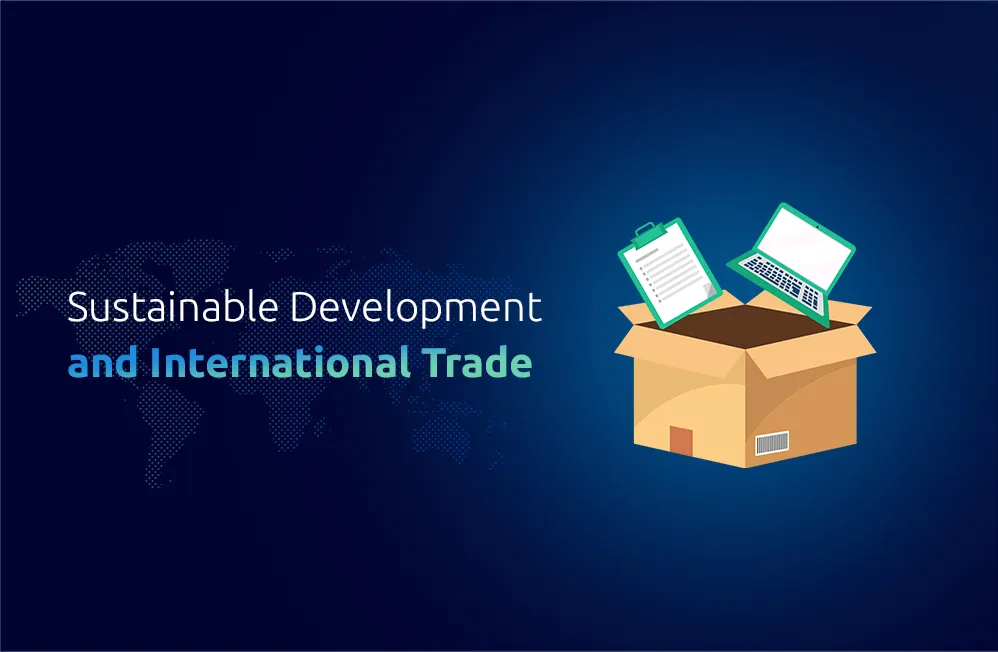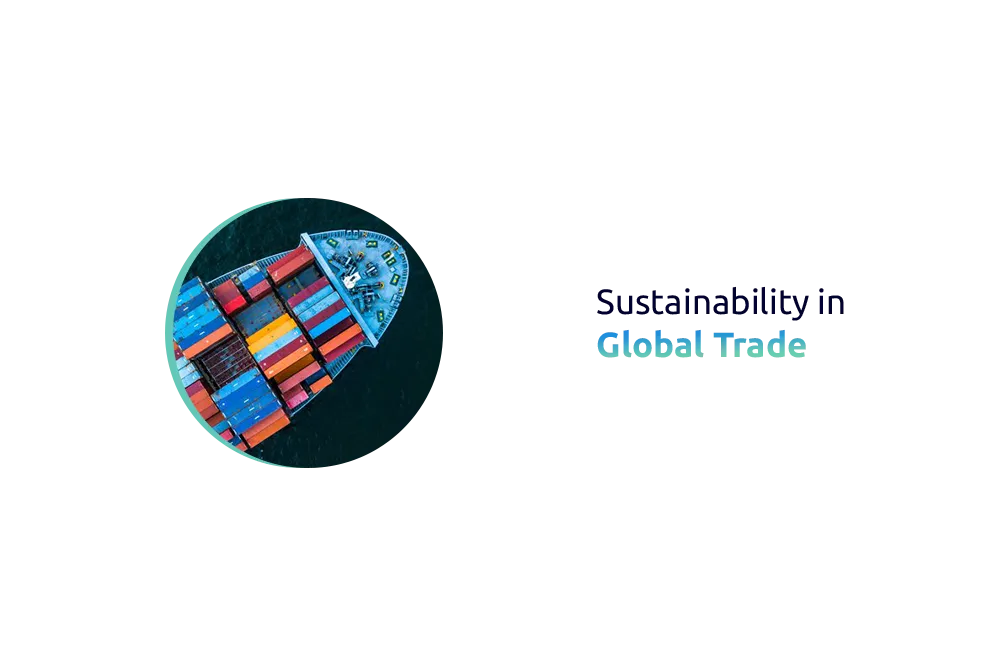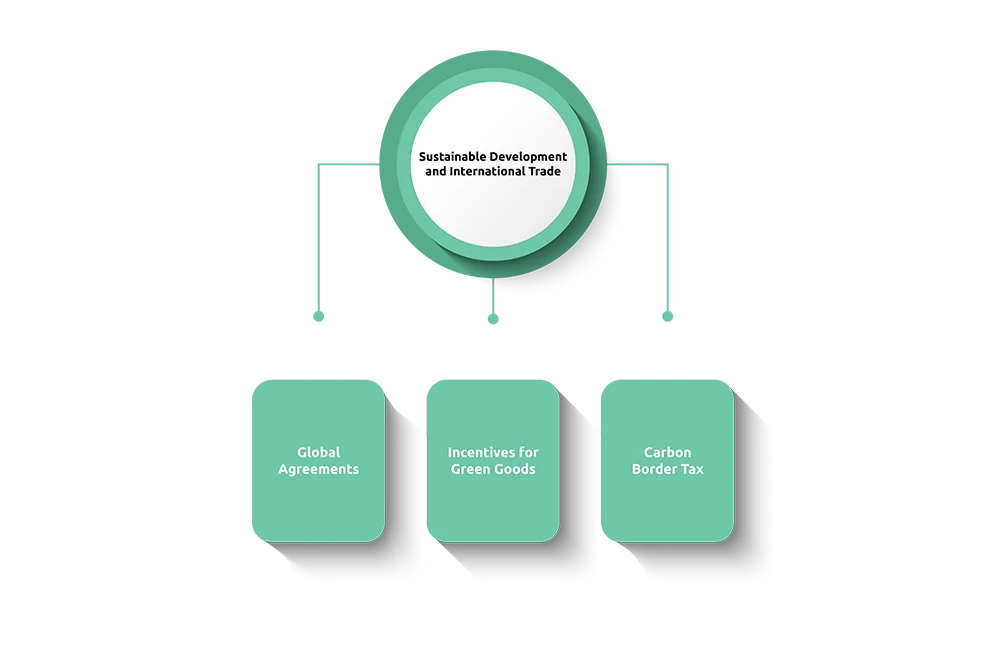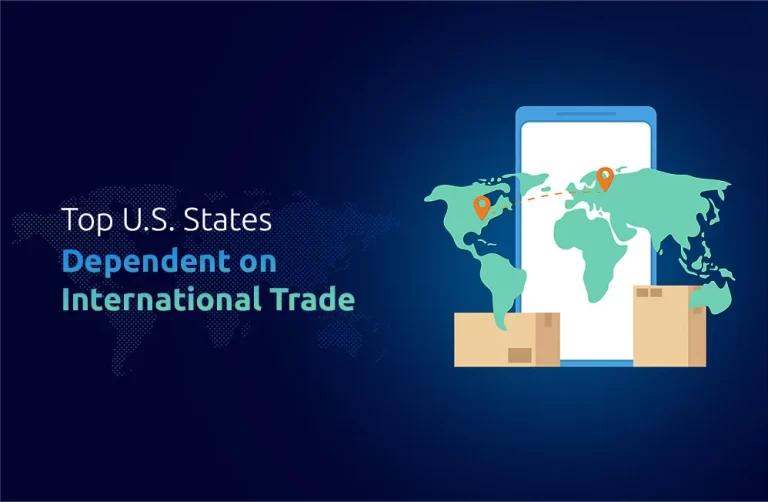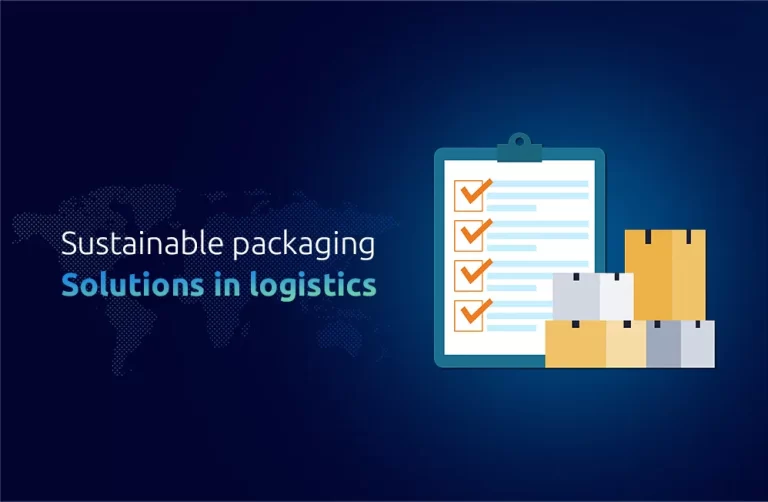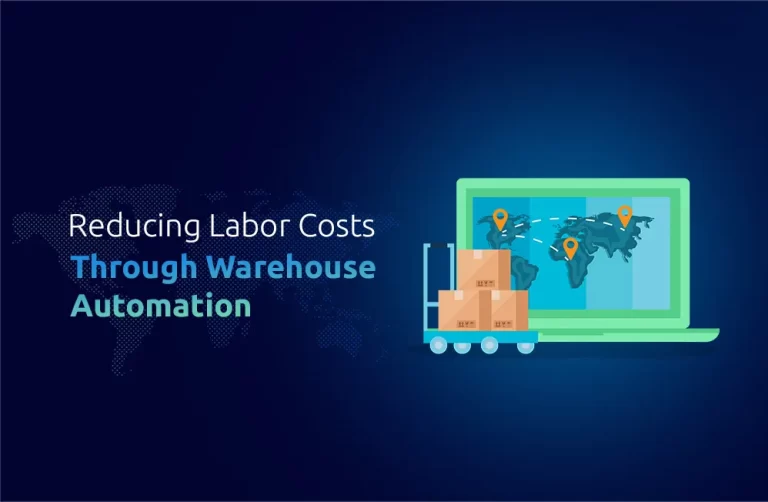Sustainable Development | International Trade Deal
Sustainable development and international trade are powerful engines of global economic development, each capable of driving global economic expansion in their unique ways. When combined, they hold immense promise for creating an equitable, eco-conscious, and prosperous future for us all. By adopting sustainable practices into their trade policies, businesses around the globe can better align profits with environmental responsibility while expanding market integration, eco-friendly innovations, and driving global economic development forward. Specifically for sectors such as aviation, medical equipment, IT, data centers, etc. – sustainable development/trade synergies offer immense potential opportunities that lead to the transformation towards green economies.
Enhancing Global Competitiveness
Sustainable growth has become an imperative for global resolution, as businesses that embrace eco-friendly inventions and sustainable techniques stand out in the international marketplace. Strategies such as using renewable energy sources or reducing wreckage not only lower operational costs but also build brand recognition and customer loyalty.
Countries like Germany and Japan, known for their significant green energy initiatives and innovative recycling technologies – reveal how sustainable development enhances global competitiveness. Both nations have become leaders in green trade by adopting circular economy principles, which reduce environmental impact while optimizing resource use efficiency.
Balancing Economic Growth with Environmental Reputability
An integral component of sustainable trade practices is finding a balance between economic growth and environmental responsibility. Green supply chains ensure products are manufactured, distributed, and consumed with minimal environmental impact; this approach reduces the carbon footprint associated with international trade while improving long-term sustainability. For instance, the European Union implemented stringent eco-friendly trade policies, like the Carbon Border Adjustment Mechanism, to ensure imported goods adhere to sustainable standards; businesses worldwide also adopted greener practices, thus decreasing global trade’s environmental impact.
Embracing trade sustainability means using sustainable trade practices that protect the environment and support economic growth. Sustainable trade helps businesses meet consumer demands, cut costs, and access green markets—making it a key part of future global commerce.
Embracing trade sustainability means using sustainable trade practices that protect the environment and support economic growth. Sustainable trade helps businesses meet consumer demands, cut costs, and access green markets—making it a key part of future global commerce.
Catalysts for Sustainable Development Goals/SDGs
Global trade agreements play a critical role in supporting Sustainable Development Goals (SDGs). Treaties focused on sustainability create global partnerships to address environmental challenges while stimulating economic growth. Agreements like the Paris Agreement and the European Green Deal highlight this point. At the same time, the United States-Mexico-Canada Agreement (USMCA) contains provisions related to environmental protection and labor rights – driving innovation, creating green jobs, and building resilient economies aligned with global SDGs are just some examples of why embedding sustainability within trade agreements can benefit all three nations involved.
Reconciling Sustainability with International Commerce: Challenges & Opportunities
Although sustainability offers many benefits for international commerce, integrating sustainability with it can pose some obstacles. These have regulatory inconsistencies among countries, high costs associated with adopting green technologies, and resistance from industries reliant on traditional methods. Yet, these challenges provide opportunities for innovation and collaboration. Countries like Sweden have committed to becoming carbon neutral by 2045, showing just one advantage associated with green trade practices. Renewable energy investments and sustainable infrastructure illustrate how overcoming obstacles can bring significant economic and environmental returns for companies. Addressing this challenge means adopting sustainable tech, forging cross border collaborations, and keeping up-to-date on changing regulations.
Future Trends | Sustainable Development and its Influence on International Trade Policies
As global attention to sustainability intensifies, international trade policies have evolved accordingly. Current trends indicate an increased use of artificial intelligence and blockchain technology for sustainable supply chains. These advancements will enable real-time tracking of goods, ensuring compliance with environmental standards and minimizing waste.
Nations such as Singapore, renowned for its smart trade initiatives, are leading the way with sustainable trade policies by integrating technology and sustainability in creating trade systems that are both efficient and environmentally friendly. Such innovations will revolutionize international commerce, making sustainability the cornerstone of world commerce.
Conclusion
Sustainable development and global trade connect to an exciting force in the multinational economy. Businesses that embrace eco-friendly practices and align their policies with sustainability objectives can drive economic expansion while protecting the planet. One Union Solutions is becoming ever more essential as industries continually evolve. By offering customized sustainable trade services tailored specifically for this market, we help companies navigate their complexities while meeting sustainability goals successfully, unlocking an abundant green future!
Did You Know that
a WTO study estimates that aligning trade policies with sustainable goals could boost global GDP by $2.5 trillion annually by 2030.
FAQs
Q: What’s a sustainable trade?
Answer: A Sustainable trade involves the incorporation of environmental & social concerns into international trading practices in order to promote long-term economic and ecological balance.
Q: In what ways are trade agreements contributing to sustainability?
Answer: Trade agreements usually have requirements to promote environmental sustainability, renewable energy development, and labor rights in order to foster more responsible practices worldwide.
Q: What is a green supply chain?
Answer: Green supply chains aim to minimize environmental impact by using eco-friendly materials and energy-saving processes as part of an overall logistics system.
Q: Why does sustainable development matter to trade?
Answer: Sustainable development ensures that trading practices align with environmental goals, mitigating risks and strengthening global competitiveness.
Q. How can companies incorporate sustainable trading practices?
Answer: Companies can adopt green technologies, adhere to international environmental standards, and collaborate with partners that support sustainability initiatives.

